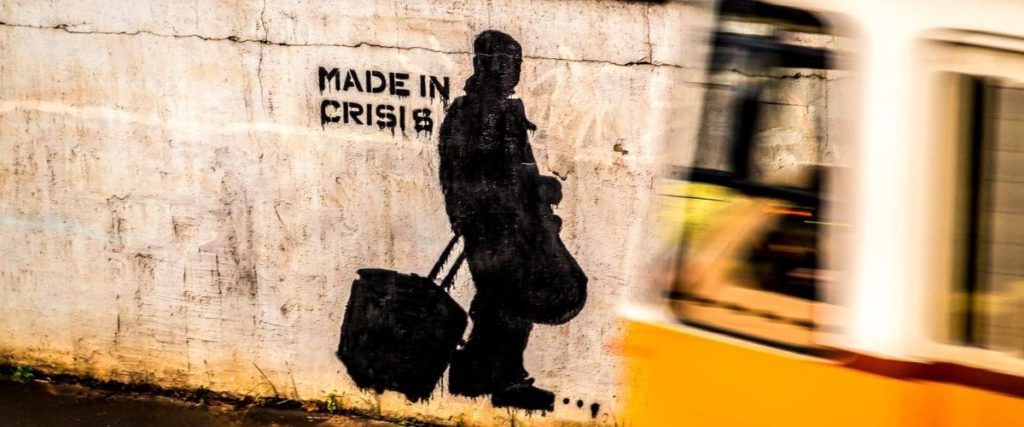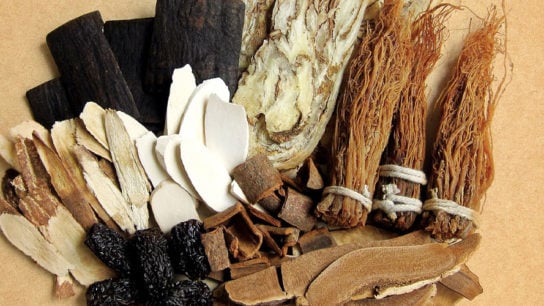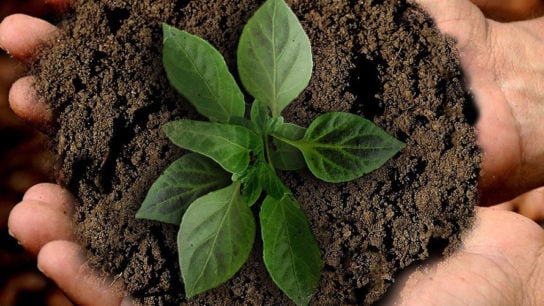Looking to build resilience, even in the face of tremendous adversity and crisis? Dr Elia Gourgouris and Kon Apostolopoulos, authors of 7 Keys to Navigating a Crisis, give us the lowdown on their strategies.
2020 has seen a global pandemic, record-breaking wildfires, a civil rights reckoning, and an economic crisis. In a year marred by division and upheaval, there’s one crisis that seems to have been obscured – and it relates to our mental health.
To support those struggling from the impact of these global events, bestselling author and founder of The Happiness Center, Dr Elia Gourgouris, and Kon Apostolopoulos, a change management expert and founder of Fresh Biz Solutions, set about writing a powerful and insightful book to help readers move beyond just surviving a crisis situation and help them thrive.
Drawing from their real-life experiences, 7 Keys to Navigating a Crisis: A Practical Guide to Emotionally Dealing with Pandemics & Other Disasters was published earlier this year and is composed of seven chapters, each one designed to help mitigate the strain and disruption that disasters can – and have – wreaked upon all our collective psyches.
Calling from Greece and Colorado respectively, the preeminent authors walked us through their seven practical tips for navigating any crisis. Here’s what they had to say.

1. Prioritise Self-Care, Boundaries, and Routines
“Start with self-care. Be aware of your physical, mental, emotional, and spiritual needs”
The mental health crisis as of late can be – in large part – attributed to what Apostolopoulos calls “pandemic fatigue”. This refers to a sense of defeat brought on by uncertainty. “We’re just not meant to be able to function in this kind of ambiguity for this long,” he explains.
The COVID-19 pandemic mirrors the stress and uncertainty of a laboratory experiment in which drug companies test medications that treat similar types of trauma. The companies “put mice into stressful, unpredictable situations that take them out of any sort of routine, which essentially puts their nervous systems into a constant state of shock and unpredictability – exactly what we humans are dealing with right now.
“COVID is so unpredictable, we don’t know how to guard ourselves half the time. You don’t know if what you’re doing is effective or not. You don’t know if the person next to you is asymptomatic and is a carrier. And these are all of the things that create this sort of unsettled feeling. There’s no place outside of perhaps your apartment where you can feel like you have some control over your environment.”
According to Dr Gourgouris, the first step to combatting pandemic fatigue is to prioritise self-care. “If we had the World Health Organisation or the United Nations come out and say, ‘You know what, by October 31, this global pandemic is going to come to an end, and then we can go back to business as usual’, we’d just be like, ‘Man, that’s another like two months! We’ve already been doing this for six months, but I think we can do it! I think I can hang in there for another month, if I know for sure that this is over with.’
The fact that there is no end date to it, well, people can’t handle that uncertainty forever. So the requirement of course, is for us to be flexible and adaptable, and to practice greater self care than ever before. I used to say, life is not a sprint; it’s a marathon. Okay, well, with a pandemic, it’s not a marathon, it’s an ultra marathon and you’re having to run it blindfolded. It’s not easy.”
Dr Gourgouris recommends creating boundaries between work and limiting screen time. That email you received at 10pm? It can wait until tomorrow (really). Focus on your productivity, not your time spent online. “We need to teach the workforce to get off the computer, get off the phone, spend some quality time, and take care of yourself and your loved ones,” he says. At times like these, it’s crucial that we “physically, mentally, and emotionally connect with other people. And the beauty of the technology is that we can do this on a daily basis. We can reach out across the globe, and connect with a friend and ask, ‘How are you doing?’ And if they answer, ‘I’m fine’, I’m going to lean into the mic and ask, ‘How are you really doing?’”
2. Distinguish Between Fear and Danger
“Practice awareness. Listen to your intuition”
Awareness and anticipation is useful as it gives us foresight into what’s around the corner. There is, however, a risk of that awareness warping into a maladaptive behaviour where our minds respond with debilitating anxiety or stress.
Dr Gourgouris elaborates, “If somebody coughs in our faces, that’s real danger. That’s not a political statement. That’s a medical fact. “Fear, on the other hand, is not your friend – that’s the bottom line. I don’t want to make decisions, personal decisions or business decisions, because I’m afraid, as they’ll have a long-term impact that’ll last far longer than the virus.”
Just as there is the imperative to alleviate fear, he says, so, too, is there the need to trust our instincts. By staving off the urge to rationalise everything, it helps us metabolise unexpected events and convert that energy into productivity.
“I have learned to trust that inner voice because every time I’ve acted upon it, it’s always worked out. When I was younger I always wanted to know ‘why’. But, I don’t need to know “why”; the universe will tell me eventually, so just get to work and get it done,” he adds. Sometimes giving your gut permission to take over the steering wheel can be a viable antidote to inertia.
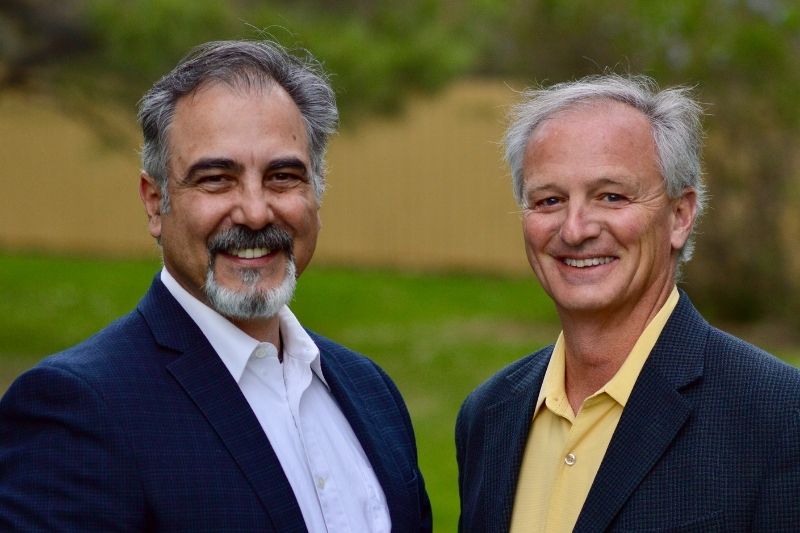
3. Adopt a Flexible Leadership Attitude
“Choose flexibility so you can adapt, pivot, and avoid unnecessary pain”
Faced with a seemingly hopeless predicament, we need to learn to adapt and pivot to the circumstances and try things that we wouldn’t have otherwise considered. For example, Apostolopoulos has adopted more flexibility with social distancing when it comes to clients: “A lot of what we are dealing with our clients right now has to do with reconfiguring their schedule and workplaces – to find when it is that people can work independently and when they need to come together.
“And when they do come together into the meeting spaces, can we take principles from, for example, an operating room where they refilter the air in such a way that it minimises the transference of an airborne illness? Maybe we can go back to this glass partition of spaces where people can feel comfortable enough to take off their masks and still be able to function and visibly feel like they’re part of a growing community.”
To prevent inflicting unnecessary pain on ourselves and others, leaders need to be flexible. Apostolopoulos continues, “We coach leaders to be more empathetic and increase their emotional intelligence when it comes to their people. For example, we want them to recognise that an employee might have a young family, so they may have to juggle a lot of different things. Be empathetic to their situation and their circumstances, understand that they may not be able to work at those particular times, and allow that flexibility. Sometimes, they have to have “tough” love and say, enough, you’ve done enough for today.”
Dr Gourgouris observes that situations like the COVID-19 pandemic are not necessarily wholly bad as they can “get us outside of our comfort zones, which sometimes leads to more innovative or unique solutions.” The lesson here is that since there is no definite end date on the horizon, it is crucial that we learn to pivot and habituate ourselves to the “next normal”. So stay positive and remember, “This too shall pass.”
4. Anticipate Risks & Prepare Accordingly
“Act now! Preparation is key to your survival”
The key to getting through any crisis is preparation. As a business, you need to have contingency plans for whatever might happen – be it a pandemic, a series of protests on your front doorstep, or a tropical cyclone. The most important thing is to get started: “You cannot wait for perfection because chances are, you won’t cover every single base. But, any amount of preparation you do have is better than none.”
According to Apostolopoulos, “The best teacher of preparedness is experience.” To accelerate the rate of learning, you should aim to proactively capture information. In both our personal and professional life, be sure to keep tabs on what’s worked in the past and what hasn’t because it’s that information that leads us to gain experience. He adds, “If you don’t have the necessary experience, look to someone who does and fine-tune it so it works for you.”
5. Take Control of Your Situation
“Take initiative by moving into action. Become the navigator in your life’s journey!”
When asked how trauma manifests across individuals, Dr Gourgouris believes there are typically four personality types: victim, bystander, critic, and navigator. The victim personality becomes engulfed by the trauma, the bystander personality gets overwhelmed and freezes, and the critic personality is cynical.
The navigator personality, however, is someone who says, “This too shall pass”, who believes that we have to rise up to the occasion, adapt, and take it up a notch in caring for ourselves and others.
Which brings us onto our next point.
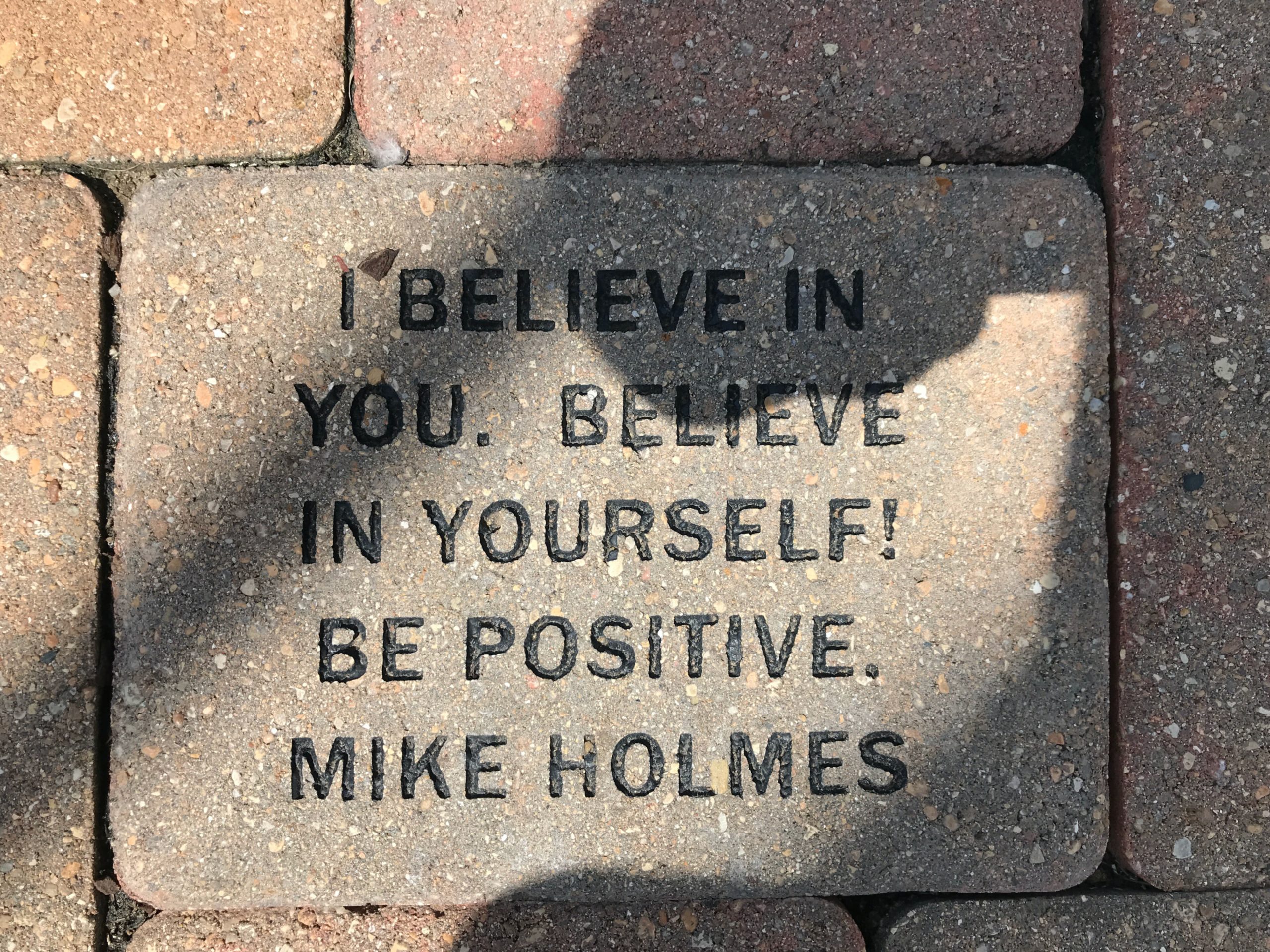
6. Build Positivity Across Every Aspect of Your Life
“Cultivate a positive attitude filled with faith and hope”.
To navigate our way out of this sense of helplessness, it is imperative that we move forward with a positive attitude. Apostolopoulos argues that, under these extraordinary circumstances, we have “full permission from the universe right now to change things and shape new beginnings”.
In essence, we should not let these setbacks tamp down our hope. “Rather than focusing on what we’ve lost, let’s focus on what we can gain,” he adds.
7. Practice Empathy
“Show kindness to others”
Last but not least, the two authors assert the power of empathy and kindness.
One good thing that’s come out of the pandemic is the countless sacrifices made by ordinary people, proving that tragedies don’t necessarily drive us apart, but can, perhaps, bring us closer. Our humanity and personal wellbeing hinge on how we conduct ourselves in these difficult times.
As navigators glean security and comfort from extending aid to others, we all should aspire to follow suit. Dr Gourgouris elaborates, “Anybody that’s listening to the sound of our voices, or if they’re reading our book, I promise you, there’s somebody else worse off. Part of our own personal happiness and wellness is not to just take care of ourselves, but really extend a hand to our brothers and sisters across the globe or within our communities.”
Wrapping Up
There is no better time than now to “seriously contemplate, meditate, and think about what kind of life we want to live,” according to Dr Gourgouris. Having freed up more time for us all to reflect on self-development, it is imperative to continue to seek out avenues of growth and learning – even in the midst of uncertainty.
“The pandemic is the great pause globally. Personally speaking, it’s allowed me to navigate in ways I would not have done otherwise because I was too comfortable,” he continues. “The comfort zone is fun for a while but there’s no growth there. We only grow when we get uncomfortable and this is what the great pause has done for us globally.”
Related Articles
5 Key Risk Mitigation Strategies For Businesses To Adopt
